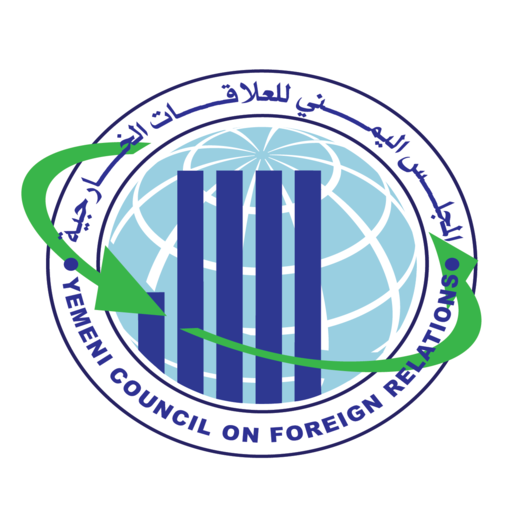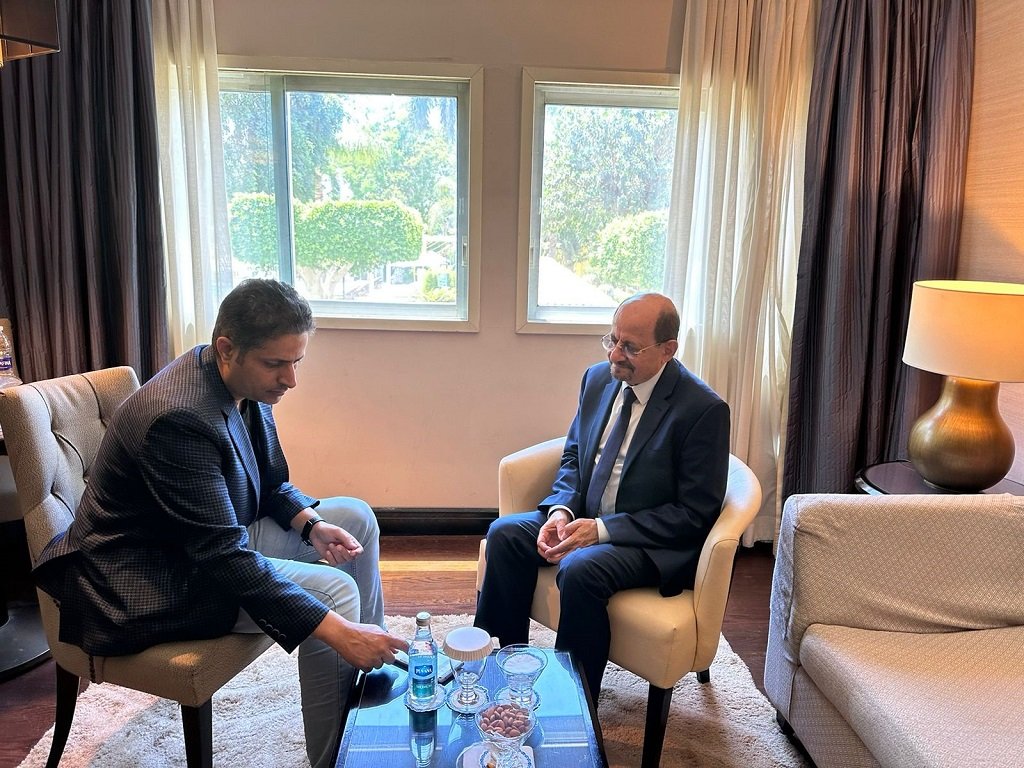In an exclusive interview with “Independent Arabia,” Minister of Foreign Affairs and Expatriates, Dr. Shaya’ Al-Zindani, affirmed that the proposed project of state and peace must be supported by a force that protects it, and that the components of legitimacy are united against the Houthis.
The Minister added that “the Presidential Leadership Council was formed from all parties as a result of the effective forces on the ground, and in every alliance, it is natural that there is no complete homogeneity, and sometimes there are some conflicting projects and future visions.” However, he emphasized that “there is no disagreement on the issue of restoring state authority in the areas controlled by the Houthis, and there is an initial agreement among all political parties to restore the usurped authority.”
The Minister stressed that the most prominent challenges today are those entities that have emerged in areas under the control of the government and have allowed differences and internal political conflicts to overshadow the project of restoring the state. This hinders confronting the most prominent challenge facing them collectively, represented by the Iranian project in Yemen.
The Minister pointed out two things that constitute the starting point of Yemeni legitimacy policies today. First, the legitimacy of the government and its legal centrality in recovering what remains of the state from the grip of the Houthi militia. Second, what he described as “Saudi Arabia’s historical support” for Yemen and its people, a position he considered to have “preserved the legitimacy and its international entity.”
Looking back, Minister Al-Zindani cites “the Houthis’ exploitation of the gaps and disagreements between the Yemeni forces that were the pillar of the republic until they overthrew the state.” He adds, “Had it not been for the disagreement, they would not have been able to come from Saada,” concluding that “as a result, we are an extension of the previous situation.”
As for the components located in areas controlled by the government, he considers them “a natural result of the Houthis entering these areas and the ensuing confrontations.” He explains that “there was resistance put up by these forces, which were neither organized nor part of state institutions, and were a product of the war. Therefore, they became present on the ground and eventually found their expressions. These expressions were not a selective choice, but a natural one.”
Source: https://www.mofa-ye.org/Pages/28388/

